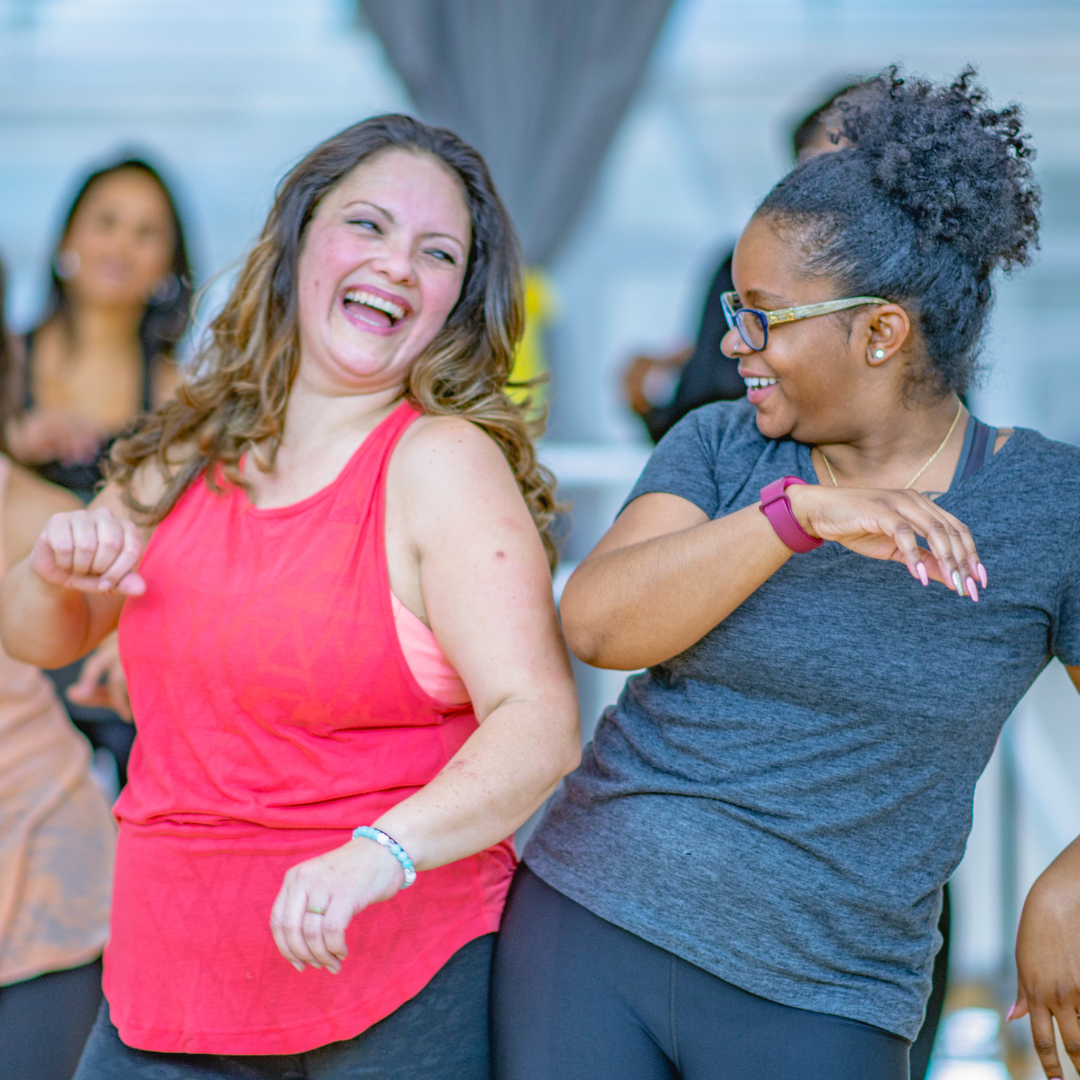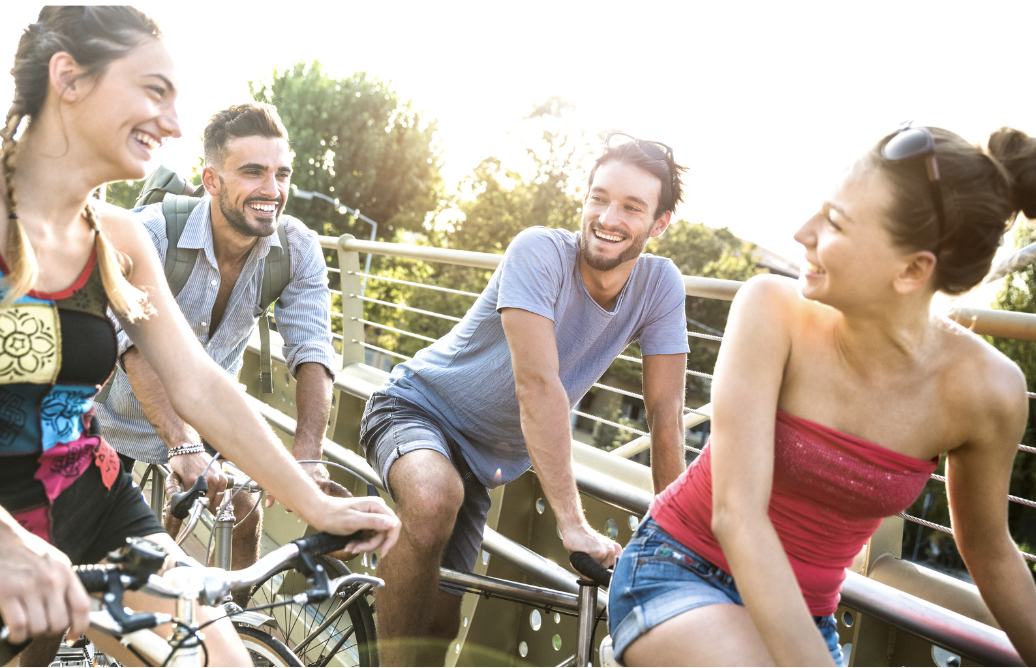Five Ways to Make Movement More Enjoyable
Moving your body can feel like a chore. Or it could also bring up negative feelings if you have a history of overexercising or a problematic relationship with your body. Diet culture tells us that physical activity is a means to lose weight or alter our bodies. This mentality often results in these activities feeling more like a punishment or chore than a form of self-care. However, movement can be pleasant if you adjust your mindset toward it.
By: Elizabeth Low
If you would like to work on your relationship with movement, here are five tips to make movement feel more joyful and rewarding.
Take the Pressure Off and Forget About the Rules.
Movement should be enjoyable, and it does not have to be intense to “count.” You do not need to go to the gym for a 1-hour session or attend a grueling spin class for your exercise to matter. Going for a walk, following a yoga video on Youtube, or doing some stretches while watching TV, are all examples of movement that is just as valuable as any “workout.” These are all valid ways to incorporate movement into your day.
Shift Your Goals.
One of the key principles of Intuitive Eating is “Movement-feel the difference.” Meaning focusing on how moving your body makes you feel is more important than how many calories it burns. Moving your body has many benefits for your mental health. You should try to find activities that feel enjoyable for you. A goal could be to move in a way that makes you happy.
Get Rid of Trackers If You Feel You Emphasize Too Much on Numbers.
If you have a history of feeling stress or pressure around movement, it might be a good idea not to track your fitness that way. Some people focus on the calories they burn while exercising, but these numbers should not indicate if you had a ‘good’ workout. Instead of measuring your movement in ways that make it “right” or “wrong,” try measuring it by how it makes you feel before, during, and after. This way, you connect to your body through movement, not an external tracker.
Move Your Body with a Friend or Loved One.
Having supportive company while participating in fitness-related activities can make all the difference. Plus, it is fun to spend time with people you feel comfortable with and supported by. You could attend a class, go on a walk, or even dance to your favorite music with a friend or loved one.
Allow Yourself to Rest.
You deserve time to rest regardless of how much activity you have done. You should not feel guilty for resting or think that rest needs to be earned. You do not need to earn rest. It is something that you and your body need. If your body is telling you to rest, you should honor that feeling and rest. Additionally, frequently in the healing process, taking a break from movement can be beneficial. You are not obligated to move. Tune in and honor your needs. Movement will be there when you are ready.
Next time you want to engage in physical activity, remember these tips. Perhaps you would love to move more but lack the energy for it. Maybe you used to use movement as a punishment. Any physical activity, no matter the intensity, that makes you feel good is worthy. Whatever your history of physical activity is, it is possible to include movement in your life in a fulfilling way.
BALANCE eating disorder treatment center™ knows that springtime can be challenging for someone struggling with an eating disorder or body image distress. Let BALANCE help you set the stage for lasting recovery as the weather gets warmer. Connect with our admissions team and learn more about our 12-day spring break program here.
Our admissions team would be happy to answer any questions you may have about our programs and services. Book a free consultation call with our admissions team below, or read more about our philosophy here.
This post was written by BALANCE Blog Contributor, Elizabeth Low (she/her).
Elizabeth is currently finishing her sociology degree with a concentration in social interaction and a minor in psychology at San Jose State University. During her undergraduate studies she has volunteered and worked in childcare, and in the food industry. She plans to pursue a graduate degree in Clinical Nutrition or Counseling. She hopes to actively counteract social messaging that is linked to disordered eating, overexercise, and body dissatisfaction. Her interests include cooking, childcare, education, research, and writing. She plans to help individuals have a healthy relationship with food and their body image through counseling in the future.



